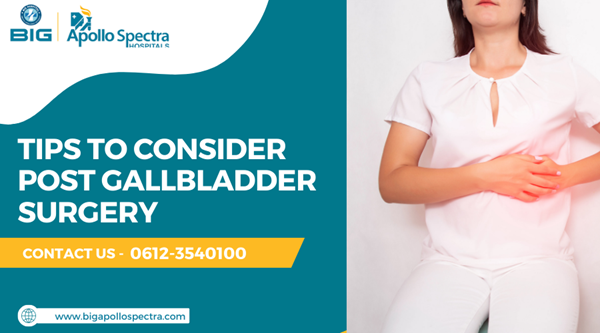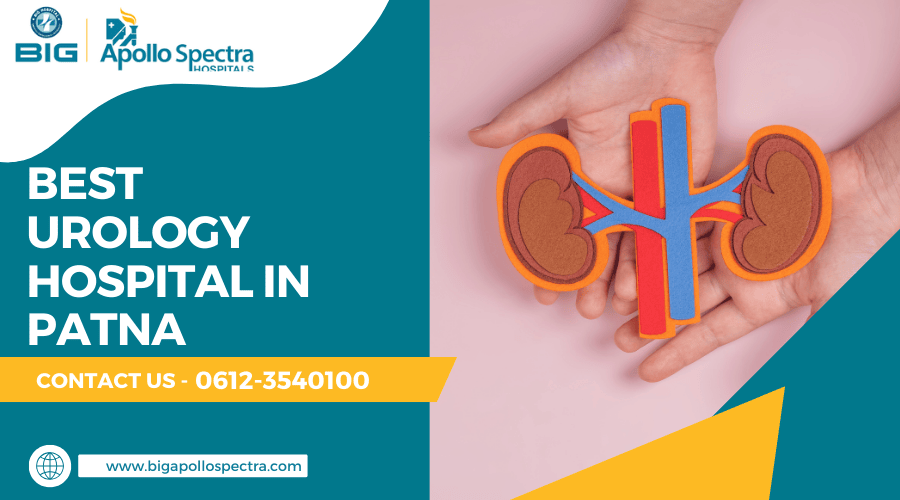Post gall bladder removal care, or as it’s medically known – cholecystectomy aftercare, is fundamental to promoting quick healing.
The process of removing the gall bladder is Female Gallbladder Surgery Recovery Time Laparoscopic utilized in treating various issues related to this organ, gallstones being a prime example.
Although the surgical act itself isn’t overly complicated, what truly matters, post-operation care plays an essential part in upholding patient health and staving off any potential negative outcomes.
For a stretch of days subsequent to the surgery, patients receive encouragement to rest up, progressively picking back up their normal responsibilities and routines.
They got a handle on pain relief measures, wound tending techniques – crucial elements for post surgery care.
In step with that is keeping an eye out for any infection warning signs.
Additional instructions they’re given usually encompass particular dietary rules as bodies acclimate themselves to not having a gall bladder anymore.
Balancing diets can prove invaluable in assisting digestion along and sidestepping gastrointestinal discomfort.
The aftercare phase isn’t simply a passive period, it also requires routine visits to doctors and healthcare professionals.
To regularly check on the Female Gallbladder Surgery Recovery Time Laparoscopic and deal with any worries that the patient might be struggling with.
If patients properly follow their given aftercare instructions, they can avoid post-surgery complications easily.
Complications Post Gall Bladder Removal
Cholecystectomy, oftentimes referred to as gallbladder removal, is a go-to surgical approach for handling troublesome gallstones and related hardships.
It’s typically a safe operation with effective outcomes but, let’s face it – complications can arise in some circumstances after the procedure.
Here are just any few potential complex issues that could arise in post-gallbladder surgery:
#1. Diarrhea and Digestive Issues:
In the absence of a gallbladder—a site where bile is stored and dispensed in response to fatty nourishment—may result in people suffering with diarrhea along with digestive issues.
This condition has been labelled as post-cholecystectomy syndrome. In most occurrences, it entrances improvement over time since the body adjusts handily to these alterations.
#2. Hazard of Bile Duct Damage:
When, during operations something goes awry causing deterioration to the bile duct. And when that happens it could end up setting off a complication like leakage of bile and suchlike issues.
Sometimes these injures to the bile duct necessitate more surgical interventions for rectifying everything.
You can also read about >>> Tips to Prevent Parkinson Disease
#3. Bile Duct Stones
You see, these little nasties can still show up even if the gallbladder has been removed! Oh yea, they cause pain and jaundice too! And pancreatitis an inflammation of the pancreas.
#4. Sphincter of Oddi Dysfunction
It involves the aberrant functioning of a muscle that is situated at the endpoint of both bile and pancreatic ducts.
What could this result in? Well, it might provoke pain in your abdomen. Imagine feeling nauseous most times too!
#5. Problems with Digestive Enzymes
Post gallbladder removal, some people might suffer—with particularly fatty foods—digestion. Discomfort and a powerful sensation of satiety could follow up as an unpleasant side effect.
#6. Chronic Abdominal Pain
There are an unfortunate few who continue to suffer from Long-Term Effects of Gallbladder Removal after it has been removed, and thus, find themselves living with what is known as ‘post-cholecystectomy syndrome’.
For people who have had their gallbladder taken out, sticking closely to the diet and habits prescribed by their doctor is surely important.
It’s all about reducing any risk of problems cropping up and dealing with potential symptoms before they get too annoying. Got some nagging after-effects?
Or something that feels way more intense than you expected post-surgery? Well, get in touch with your Best Laparoscopic Surgeon in Patna right away for a proper check-up and recovery plans”.
Tips For Post Gall Bladder Removal After Care
Upon going through the medical procedure known as gallbladder removal surgery or cholecystectomy, it’s crucial to adhere certain aftercare procedures.
#1. Listen to Medical Professional’s Recommendations
You must always stick to the post-surgery care guidance, as suggested by your operating doctor or Laparoscopic Surgeon in Patna.
They’ll supply you with specific advice that is precisely customized according to your unique circumstance.
#2. Changes in Eating Habits
A low-fat regimen may be recommended initially while your body is on Post Gallbladder Surgery Diet Menu.
How Long After Gallbladder Surgery Can I Eat Normally? After a bit, you can start adding ordinary foods back into your diet just little by little.
As you do so, keep an eye out for how various food items impact your system.
#3. Stay Hydrated
It’s easy to drink enough of water, and fast! Doing so prevent dehydration—the nasty fella responsible for backing you up with ugly constipation.
#4. Little but Regular Meals
Rather than gulping down three enormous meals, why not consider munching smaller, more continually reoccurring ones? It may just aid with digestion!
#5. Avoid Foods Loaded with Fats
This will ensure minimal chances with diarrhea and that uncomfortable, digestive discomfort. It’s best to show some restraint when handling these dishes!
Turn your attention towards lean protein picks – we’re talking about fish and skinless birds, or those choicer cuts of meat excess fat.
#6. Foods Rich in Fiber
One must consider infusing their food regimen with fiber-packed goods. Fruits, grains in whole, legumes and vegetables of all varieties; the purpose being to prevent constipation.
#7. Get yourself some Digestive Enzymes
Now, it’s not for everyone, but a handful of people might find that over-the-counter digestive enzyme supplements come in handy.
You see, these little gems help in breaking down fats and making them easier to digest.
#8. Avoid Alcohol and Caffeine or Impose Some Limits
At times, these substances have been known to affect digestive health. It’s definitely good advice to restrict or perhaps even eliminate them altogether—especially early on in recovery.
#9. Re-engaging with Physical Activity Step by Step
Initiate your journey back to activity with tasks requiring minimal effort, slowly escalating the intensity when your recuperation allows. Avoid indulging in exercises right on the heels of surgery.
#10. Pain Management
It’s worth noting that doctors often suggest over-the-counter solutions such as acetaminophen.
Though people should be careful and stay away from non-steroidal anti-inflammatory drugs like ibuprofen— those meds do a great job of giving your digestive system side effects!
#11. Stay Attentive for Any Unexpected Outcomes
This means keeping one’s eyes open for possible problems like an infection that just doesn’t seem to clear up, bleeding that goes a bit overboard, or maybe signs hinting at some form of bile duct injury.
How Long Is Bed Rest After Gallbladder Surgery? And if there is anything out of the ordinary—a symptom that feels off, discomfort you can’t quite put your finger on— well then, it’d be wise to get in touch with your health advisor.
#12. Listen To Your Body
Should you find yourself suffering with a stubborn stomach ache, intense nausea, or other symptoms that raise an alarm bell in your head? Reach out to your healthcare professionals!
#13. Caring for Your Incisions Properly
It’s crucial, really critical, that the surgical cuts are kept clean and moisture-free. Do follow meticulously whatever specific care directives your surgeon has bestowed upon you.
Suppose you spot indicators of infection showing up – like redness on or around the incision area, swelling that wasn’t there before, or some kind of discharge seeping from it?
Yeah well in such a case get in touch with your doctor.
Want you to keep in mind that, different people will recover at various rates and differ in how they adapt to their dietary tolerance.
While a few folks bounce back fairly quickly and can resume regular eating habits, others may take more time adjusting.
Consulting your health services expert is super crucial; they’ll provide tailored advice on handling life after gallbladder removal.
Taking Charge of Your Health: Gall Bladder Removal Aftercare Made Simple
Now, we can’t stress enough just how key post-operative care is following a Laparoscopic Surgery Cost in Patna.
Are you searching for top laparoscopic surgery in Patna? Well, your search ends at Apollo Spectra Hospital – the place to be!
We’re extremely proud of our exceptional medical amenities, impressively proficient surgeons, and devoted health staff.
All fully committed to providing you with unparalleled standards of care throughout the journey of your gallbladder excision.
At Apollo Spectra, we put an enormous amount of thought into ensuring that we prioritize nothing above your overall wellness!
So why wait another day? Opt for Apollo Spectra Hospital for a brighter future!





